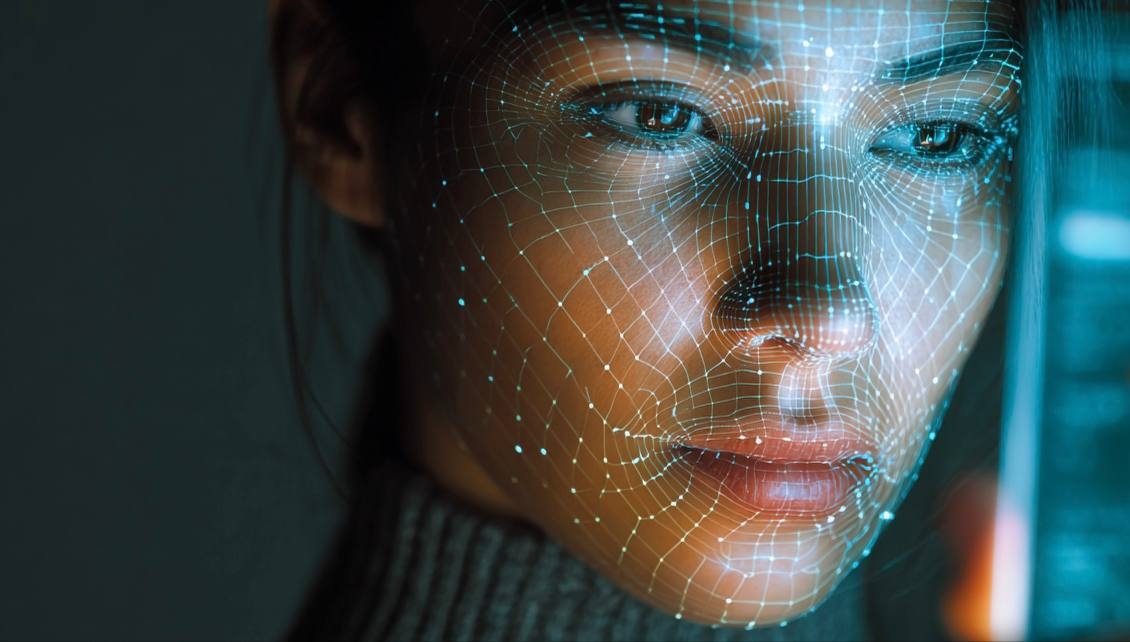Your Vision of the Future
We develop advanced technologies for recognition of both people and objects, tailored to the unique demands of each industry.
13 years in the computer vision industry
The world’s most accurate face recognition algorithms
iBeta-tested 100% liveness detection accuracy
//
Our Customers
VisionLabs technologies are used by both businesses and government agencies around the globe
Our Products

LUNAPLATFORM
Platform for people recognition and objects detection
LUNACARS
Video analytics system for vehicle recognition

DeepfakeDetection
Deepfake detection in images, video, and audio
Contact Us
All Scenarios
VisionLabs in Figures
45+ countries benefiting from VisionLabs technologies
1,7+ mln. cameras around the globe use VisionLabs software
No. 1 globally in the NIST face recognition rankings
13
years developing computer vision technologies
500
projects worldwide
270
customers across various sectors and industries
//
Solutions for any industry
Our technologies are used by banks, shops, schools, hospitals, construction sites, and industrial plants
Industries
News
//
Still have questions?
Tell us what you need and we’ll find a solution












